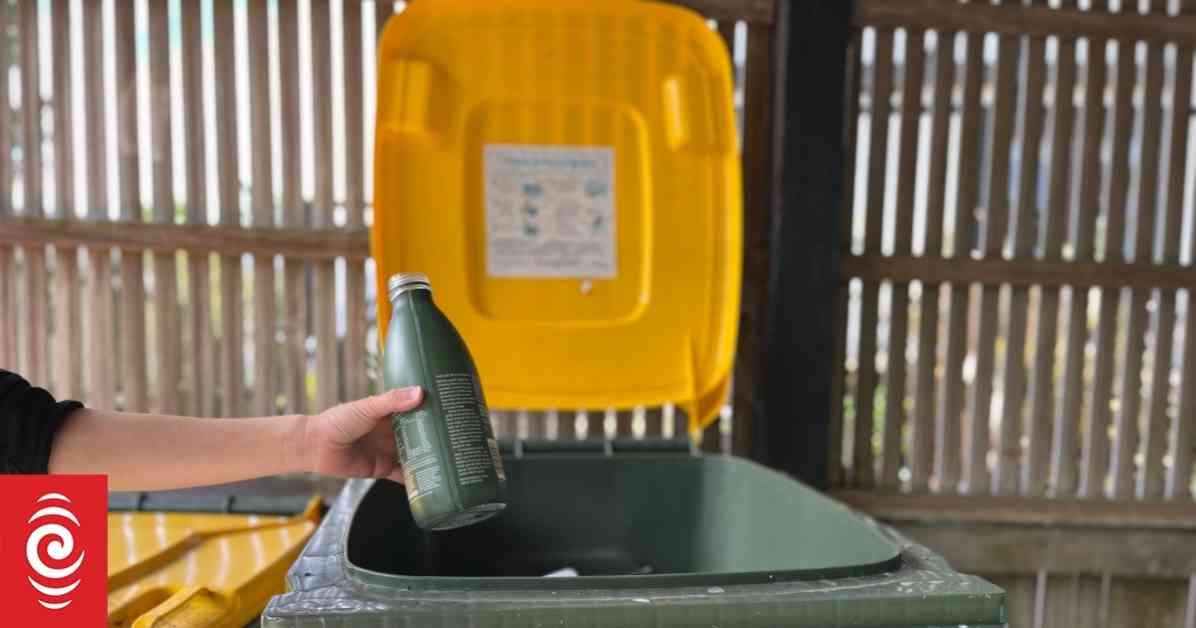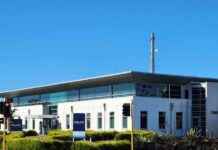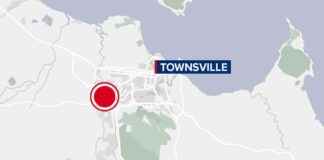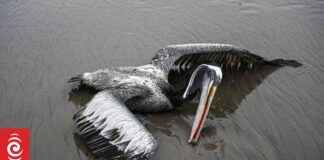Auckland Council’s Crackdown on Recycling Contamination
Auckland Council is taking decisive action to tackle the issue of recycling contamination by confiscating recycling bins from households in certain areas. In the first phase of a trial that ended in May 2024, 104 bins were seized from residents in Manuwera, Papakura, and Wiri. This move comes in response to the increasing problem of people incorrectly disposing of rubbish in their recycling bins.
Justine Haves, the General Manager of Waste Solutions at Auckland Council, emphasized the severity of the situation, stating that recycling contamination from items like bagged waste, clothing, and textiles has been on the rise. The financial impact of this contamination is significant, costing the council approximately $3.5 million annually to address. Haves stressed the importance of reducing contamination to ensure the efficiency of the recycling system for all Aucklanders.
The Trial and Approach
The trial involved different strategies in four locations, with repeated warnings given to residents who continued to contaminate their recycling bins. If a household received a first and second warning and still failed to comply, their bin would be confiscated. The goal was to educate residents on proper recycling practices and encourage better behavior.
Impact and Next Steps
Despite the challenges, the efforts to tag bins and engage in conversations with repeat offenders have shown promise in improving recycling habits. Haves highlighted the importance of creating understanding among residents to foster a culture of responsible recycling. The success of these initiatives has prompted the council to consider expanding these approaches across Auckland to address contamination more effectively.
The second phase of the trial is currently underway in South and West Auckland and will continue until February 28, 2025. Following the trial, council officers will develop a plan to implement a broader strategy to combat waste contamination in recycling bins throughout Auckland.
Guidelines for Recycling
Haves outlined the items that can be safely recycled, including plastic bottles, trays, containers (numbered 1, 2, or 5), glass bottles, jars, clean food and drink containers, steel, aluminum, tin cans, paper, and cardboard. However, she cautioned against including plastic bags or soft plastics in recycling bins, as they can cause issues during the sorting process.
In conclusion, Auckland Council’s proactive measures to address recycling contamination demonstrate a commitment to environmental sustainability and responsible waste management. By educating residents and enforcing proper recycling practices, the council aims to create a cleaner and more efficient recycling system for the benefit of all Aucklanders.

















